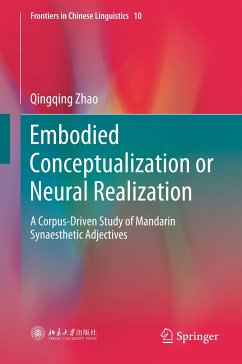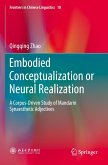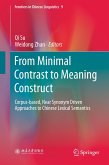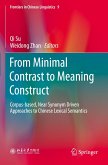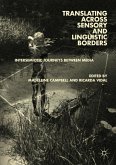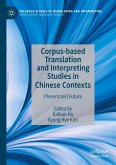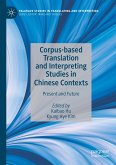This book focuses on linguistic synaesthesia in a hitherto less-studied language - Mandarin Chinese - and adopts a corpus-driven approach to support the analysis and argumentation. The study identifies directional tendencies and underlying mechanisms for Mandarin synaesthetic adjectives. By doing so, it not only provides an added layer of understanding for theories of linguistic synaesthesia, but also offers evidence to help refine previous theories, such as Embodiment Theory and Conceptual Metaphor Theory.
In brief, the book makes a significant contribution to the development of Cognitive Linguistics. The intended readership includes, but is not limited to, graduate students in linguistics and researchers interested in Chinese linguistics in particular, and in lexical semantics and cognitive linguistics in general.
In brief, the book makes a significant contribution to the development of Cognitive Linguistics. The intended readership includes, but is not limited to, graduate students in linguistics and researchers interested in Chinese linguistics in particular, and in lexical semantics and cognitive linguistics in general.

